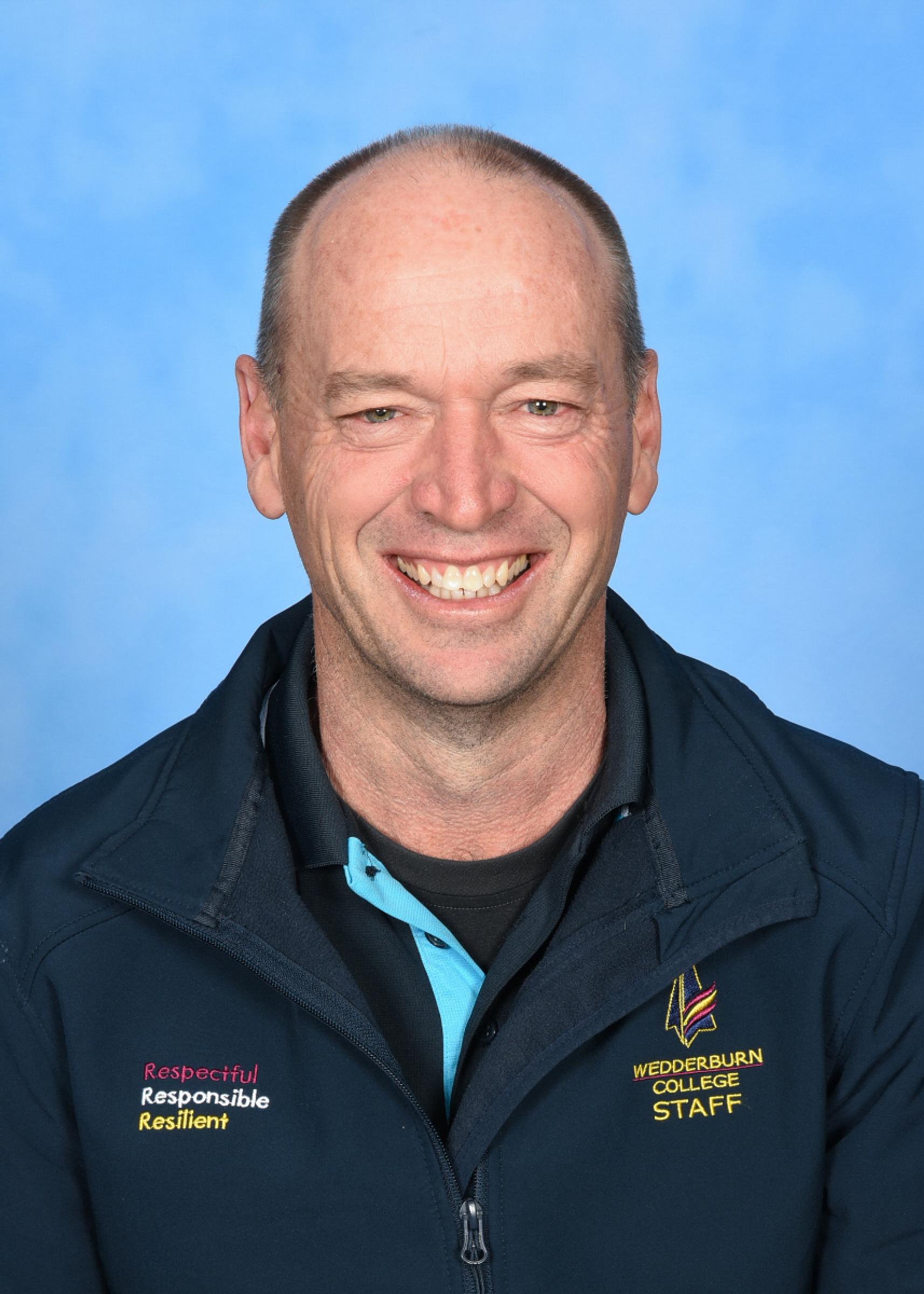There has been a lot or publicity and press around vaping and some of it is misleading. What we do know is it is incredibly harmful and addictive. Like all schools across our nation we have seen a rise in its use at our school and we are working hard with our students and community to educate; and for our students to make better health decisions.
Do you know what you’re vaping?
Vapes are not water. The main ingredient in vapes is propylene glycol, vegetable glycerine or glyercol. Vapes can contain the same harmful chemicals found in cleaning products, nail polish remover, weed killer and bug spray. They just don't put it on the pack.
Vapes come in a number of flavours such as blueberry or bubble-gum that make them appealing. Many vapes also contain nicotine, the same highly addictive substance found in tobacco cigarettes.
Testing has shown that vapes labelled 'nicotine-free' can have high nicotine levels. People can think they are using nicotine-free vapes and can unknowingly quickly develop a nicotine addiction.
Vaping facts
- Many vapes contain nicotine making them addictive
- Vapes can contain the same harmful chemicals found in cleaning products, nail polish remover, weed killer and bug spray
- Vapes can leave young people at increased risk of depression and anxiety
- The nicotine in 1 vape can = 50 cigarettes. Depending on the size of the vape and nicotine strength, it can be much higher
- Young people who vape are 3 times as likely to take up smoking cigarettes
- Vape aerosol is not water vapour
- Vaping has been linked to lung disease.
- Vapes can cause long-lasting damaging effects on the brain and physical development
Support to quit vaping
- Young people should see their General Practitioner, youth health service, or other health services for help to quit vaping.
- Quitline counsellors are available to answer any questions about vapes on 13 7848 (13 QUIT). Quitline is a telephone-based service offering information and advice. Quitline counsellors provide tips and strategies, and help people to plan their quit attempts, based on their own needs and preferences. They can also help parents and carers think of ways to approach a conversation about vaping with young people.
- The Aboriginal Quitline is also available on 13 7848. Run by Aboriginal counsellors, the Aboriginal Quitline is a telephone-based confidential advice and support service.
- If you require assistance in a language other than English, Quitline has counsellors who speak Arabic, Cantonese, Mandarin and Vietnamese. You can ask to speak to one of these counsellors. For people who prefer to speak in a different language, Quitline uses the Telephone Interpreter Service (TIS).
- The Cancer Institute NSW iCanQuit website provides information on quitting methods, links to support groups and top tips to help young people quit.
- Too much nicotine from vapes can cause nicotine poisoning. If you think someone has been poisoned by liquid nicotine, please call the Poisons Centre on 13 11 26 immediately or 000 if it is an emergency.
